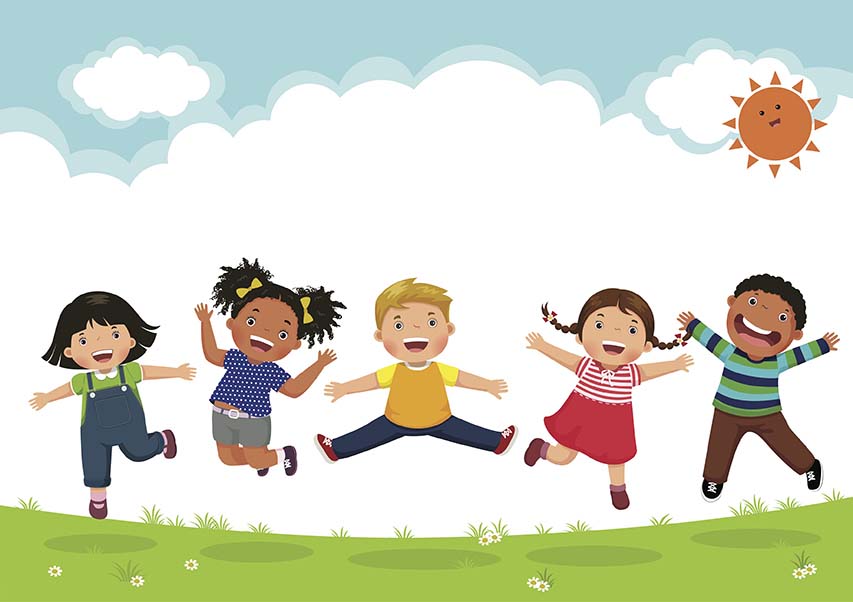NSPCC Northern Ireland renews call for children’s equal protection from assault as Scotland change comes into force.
NSPCC Northern Ireland is renewing its call for children to have equal protection from assault, as new figures show a UK rise in young people contacting the charity with concerns around physical abuse.
Currently, children are the only group in our society who it is acceptable to strike in certain circumstances.
This means they have less protection from assault than all other groups in society.
The NSPCC has long campaigned for a legal change which would see ‘reasonable chastisement’ removed as a defence for those charged with assaulting a child.
And the charity is calling on the Northern Ireland Executive to revisit this archaic anomaly and bring Northern Ireland in line with Scotland where the law has been changed and Wales, which is making the change, along with more than 60 other countries around the world.
The call comes as the NSPCC publishes new figures showing a rise in the monthly average of UK-wide counselling sessions with children about physical abuse at the NSPCC-run Childline service.

Affairs Manager.
The figure stood at 420 before lockdown. But since those restrictions were lifted, a monthly average of 514 counselling sessions have been undertaken.
The conditions created by the pandemic have led to more stress and physical conflict in some families and the stay-at-home rules prevented children from leaving home and escaping physical abuse.
With further lockdown restrictions due to Covid-19, it is imperative that action is taken by the Assembly to protect children in Northern Ireland.
Additionally, the NSPCC helpline saw a 53% increase in contacts from adults with concerns about children experiencing physical abuse, from an average of 696 per month before lockdown to an average of 1,066 per month since lockdown.
These findings are featured in a series of Insight Briefings published by NSPCC which looked at children’s lives during lockdown. These briefings highlight increases in the number of contacts about abuse to Childline during lockdown across all areas children’s lives.
One girl, aged 16, told Childline: “When I was younger and I misbehaved, my mum gave me a warning and put me on the naughty step.
“Then when I got to around 5-12 years old, it was a tap or a little smack. But now it can be a proper smack or there was one occasion where she pulled my hair and I fell to the floor and she continuously hit me. I don’t want to get mum in trouble, but I can’t carry on being afraid of her.”
NSPCC Northern Ireland is calling on the Northern Ireland Executive to put children at the heart of its response to recovery post-Covid by sending a clear message to our children that they, and their protection, matter.
Natalie Whelehan, Policy and Public Affairs Manager at NSPCC Northern Ireland, said: “Giving children equal protection from assault in Northern Ireland is a common sense move which would bring us in line with many other countries – all over the world – where this has already happened.
“NSPCC figures show concerns about physical abuse, from both children and adults, increased during lockdown across the UK. And, as we plan our recovery from Covid, we’re urging ministers here to use this opportunity to revisit a legal anomaly and prioritise children’s rights.”
Natalie added: “Research shows that the use of physical punishment doesn’t work in changing the behaviour of children in the long term and can be extremely damaging for a child’s development.

“A change to the law on physical punishment should be accompanied with the provision of support for parents on more effective, positive parenting techniques to help them cope with challenging and stressful situations.
“The NSPCC has a wealth of information and advice to help parents cope with the very difficult situations which arise when bringing up children, including coping with challenging behaviour and positive parenting.”
Koulla Yiasouma, Northern Ireland Commissioner for Children and Young People, said: “These figures from NSPCC and figures issued by the Department of Health recently in relation to a rise in the number of children in care and on the child protection register show us this pandemic has placed some children at greater risk of harm and put significant stress on some families.
“There is no place for any form of physical violence or force against our children. Children in Northern Ireland must have equal protection under the law from all forms of assault, including physical punishment.
“Importantly this must go hand in hand with better support for families, including positive parenting support and guidance on constructive ways of managing challenging and stressful situations.
“Research tells us that physical punishment is not effective and that it can lead to poor outcomes for children and families. We need to redefine what is acceptable in how we treat our children and what we teach them through our own behaviour.
“Legal reform is being progressed in many other jurisdictions, including Scotland most recently. Ireland took this step a number of years ago, Jersey brought forward a change in the law earlier this year and Wales is due to follow.
























